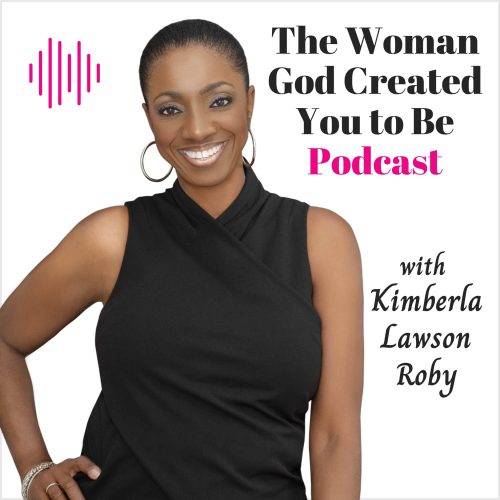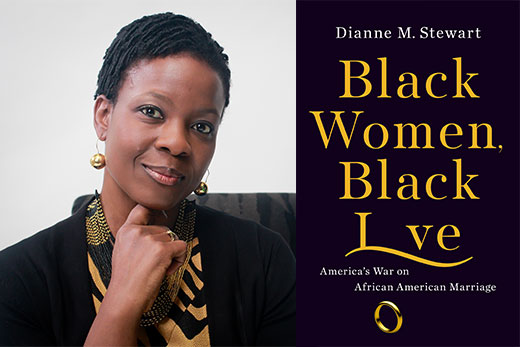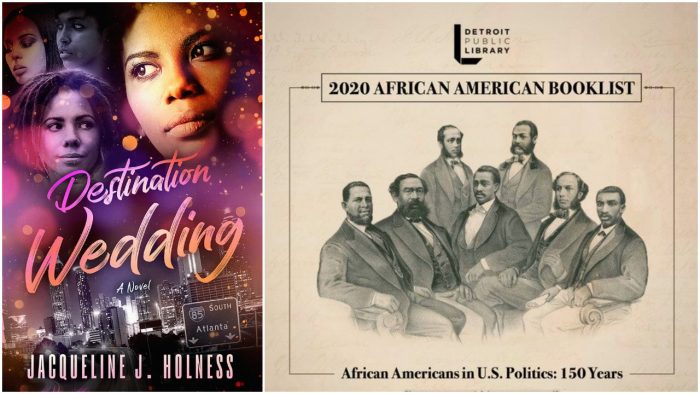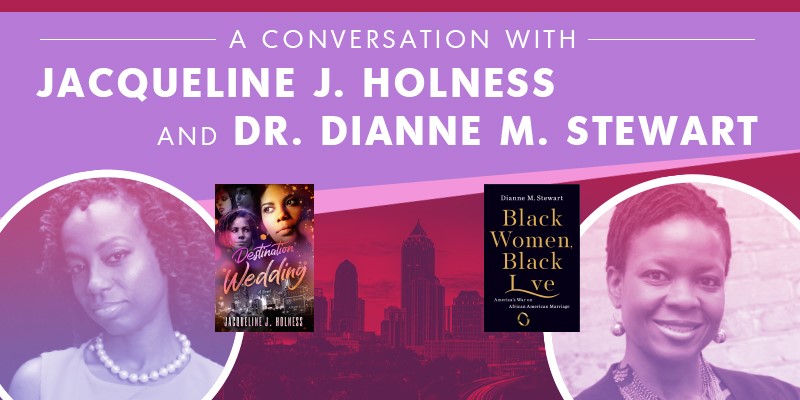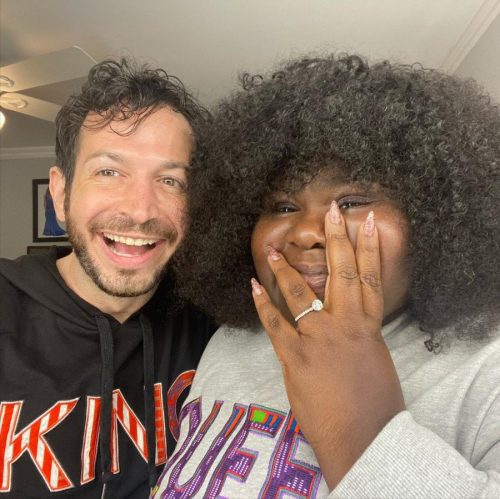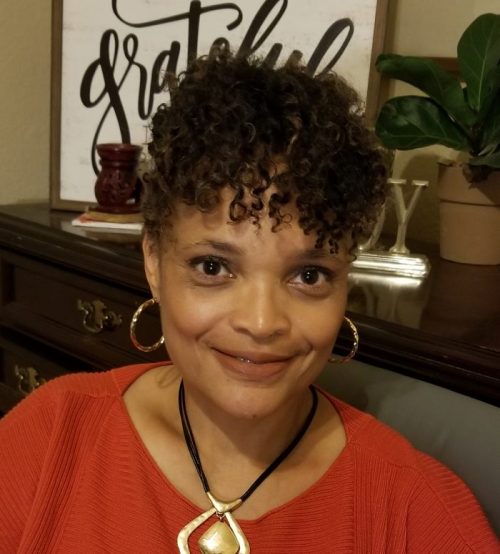
Hello World,
During Women’s History Month 2019, I’ve launched a new interview series featuring First Ladies! In thinking about my mother who was the First Lady of Central Christian Church in Atlanta, Georgia for 38 years before my father retired in 2017 and after reading Kimberla Lawson Roby’s final Rev. Curtis Black book “Better Late Than Never” which explored Charlotte’s desire to not be a typical First Lady, it dawned on me that I should feature First Ladies, which are revered positions particularly in the black church. Everyone is always talking about what the pastor of this church and that church is doing, but First Ladies are equally as important as the pastors to whom they are married! So periodically, on a Friday of course, I am featuring a First Lady. So if you know of a First Lady who should be featured, please e-mail me at jacqueline@afterthealtarcall.com because I’m looking for notable First Ladies to feature!
So with that being said, let me present to some and introduce to others the First Lady of Mt. Zion Missionary Baptist Church Darline McElroy!
Below is her biography followed by my interview with her. Read, enjoy and share!
Darline Amos-McElroy grew up in Leland, Mississippi. After graduating from the University of Arkansas at Pine Bluff, Arkansas, she settled in Dallas, Texas. Darline served in education where the storyline for I Ate the Cake: A Journey for Justice began. As a school counselor, Darline followed the responsibilities. As a servant of Jesus Christ, she followed the purpose of His calling. Darline resides with her husband, Pastor Robert B. McElroy and her four children in the suburbs of Dallas, Texas. I Ate the Cake: A Journey for Justice is Darline’s debut book.
1.How do you feel about the term “First Lady?”
When my husband, Pastor Robert B. McElroy, and I accepted the call to Mt. Zion, we agreed to use the term Pastor’s wife. I equated “First Lady” as a position to be highly regarded as someone worthy of different treatment than others. However, my preference is to be one with people of God, so most often, I am referred to as Minister Darline, the Pastor’s wife, or simply my name. I have learned that the term is also one of endearment; therefore, I am not offended by the term as it is a tradition for many. In truth, the Pastor’s wife is set apart, so the choice of terminology doesn’t override expectations and responsibilities.
2. What is the “job description” of a First Lady?
I chuckled when I heard this question, and one word came to my mind, all-encompassing. The First Lady is a wife first. With her love for her husband and wanting the best for him, she will do what supports him, whether cleaning the restrooms to leading praise and worship songs. The job description is different in each church depending on the available people and resources. The Pastor’s wife will also have a desire, like many Christians, to use her God-given gifts and talents. The description will evolve as the Pastor’s wife, or First Lady learns who she is in Christ. The most important is to support the Pastor’s vision and maintain balance within herself and for her family.
3. What is the best part and what is the worst part about being a First Lady?
The best part is to assist my husband in creating a welcoming church culture for God’s people. My nature is to care, encourage, and protect, which many members need when coming in from a world that can be cruel. My training as a counselor assists me in the role of First Lady. My desire for each child and adult is for each person to reach their God-designed plans. God has placed me in a position to help others when needed. The worst part is learning balance. Mt. Zion is our first church where we have served as leaders. I can be a very driven person, so I tend to go “all in,” which can lead to energy and emotional depletion especially having my own family and career. However, I have very supportive members who often encourage both my husband and myself to slow down. I think I have reached a point of understanding.
4. What are some misconceptions that people have about being a First Lady?
The Pastor and his wife as human and have personal struggles. We are not above life as many believe. When we experience problems, it is exceptionally delicate, and often, we have no one to call on safely to release emotionally. Being a “First Lady” can be daunting if you regard yourself as above others. Self-perception is crucial. If I am one with the people, then I am just like others needing Christ to forgive my sins, give strength, and fulfill my life’s purposes. I realize that people have misconceptions; however, many have misconceptions about the uniqueness of being a Christian. For this reason, I remind myself often that I walk in the freedom of Christ, and my walk, actions, etc will help those misconceptions to change eventually.
5. How has your church transitioned during the COVID-19 pandemic and how has the transition affected your church?
With the assistance of the church ministers, the church has transitioned well. My husband became ill during the early onset of the pandemic, and the ministers helped to transition the church. Initially, we used the phone lines that we use weekly for prayer. We are now using Zoom for Wednesday night Bible study and Sunday morning church service. Each week more members are getting involved. Our women and men groups also meet by Zoom once a month. The Pastor and the board members are working on a building project. With God’s favor, the church is doing well.
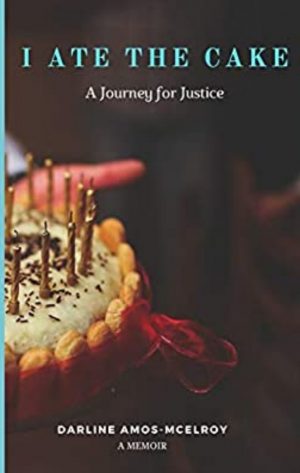 6. You worked in the field of education for many years but recently wrote the book I Ate the Cake: A Journey for Justice. Why did you decide to write a book and how did you come up with this interesting title?
6. You worked in the field of education for many years but recently wrote the book I Ate the Cake: A Journey for Justice. Why did you decide to write a book and how did you come up with this interesting title?
Yes, I am a former school counselor and now a licensed professional counselor with an agency, having started Ellipsis Counseling Services. I decided to write the book for three reasons. First, I wrote, “at God’s word.” We see in the gospel of Luke 5:5 that Simon Peter was unsuccessful in his career. Jesus sends him back and tells him to drop the net. The summer I sought help from the district leaders, God told me to keep notes and records. I shared with one of my sisters on a road trip that God was leading me to write a book about the school district’s experiences. Writing the book was my response to God saying, “drop the net.” If placed in God’s hands, every talent or gift we have will capture people’s hearts and lead them to a place of encouragement, peace, or direction.
I also wrote because of Isaiah 30:8, “Go now, write it on a tablet for them, inscribe it on a scroll, that for the days to come it may be an everlasting witness.” God encouraged and instructed Isaiah to write so that the children of God would realize that the writing would serve as a witness to their rebellion once God decided to act. In other words, it could not be said, “we didn’t know or didn’t understand.” As Christian, we are to serve God’s purposes in every life area, including our careers.
Lastly, I wrote the book because it has always been my desire to publish. I Ate the Cake: A Journey for Justice gave me excellent writing material. It is a testimony I never anticipated, and writing the memoir helped me release emotions and understand why God allowed these troubles to be on my journey. As for the title, the story tells the reason. At some point in life, we are all forced or tricked into taking a bite of things intended for harm, but God will turn it around.
7. What do you hope readers will learn from your book?
My hope is readers will understand the importance of standing up for righteousness and allowing God to work through us daily. My prayer is that the memoir teaches we will have troubles in life, and not all of the problems are self-inflicted. Many issues come as an opportunity to do God’s work and honor His command to “be fruitful and multiply, fill the earth and subdue it” ( Genesis 1:28 NIV). We use God’s strength to accomplish “Your kingdom come, Your will be done on earth as it is in Heaven.” (Matthew 6:10 NIV). Furthermore, I want readers to see that the Pastor’s wife or First Lady struggles to honor God just like others. I shared authentic lessons I had to learn as a follower of Christ. At the end of the day, we all walk the same road, trying to please God.
Any thoughts?
Again, if you know of a First Lady who should be featured, please e-mail me at jacqueline@afterthealtarcall.com because I’m looking for notable First Ladies to feature! And if you would like to have conversations about faith, relationship, pop culture and more, please click on this link to subscribe to my blog 


